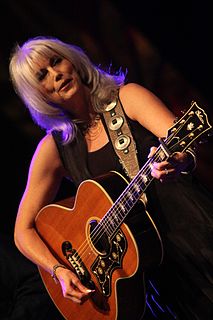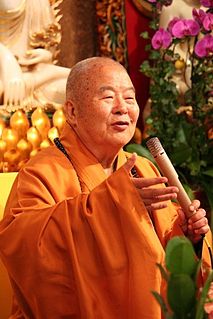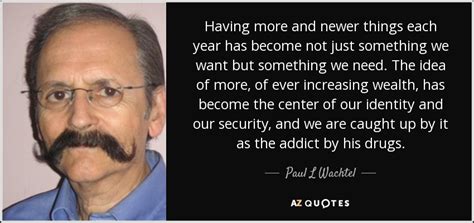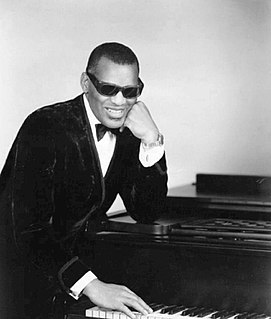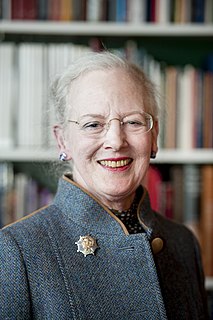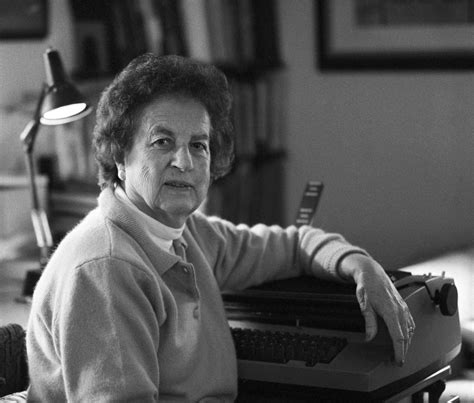A Quote by John Ridley
I remember 'Roots' growing up and the cultural impact it had on the country. Watching 'Roots' was not the cool remove of reading about slavery in a book or hearing about it in class. It became something that swept people along.
Related Quotes
There's the tree with the branches that everyone sees, and then there's the upside-down root tree, growing the opposite way. So Earth is the branches, growing in opposing but perfect symmetry. The branches don't think much about the roots, and maybe the roots don't think much about the branches, but all the time, they're connected by the trunk, you know?
I'm one of the few reading and thinking people who loves Las Vegas for the vulgarity and omnipresence of the dream. The collective dream. There's something enormous about it. Let me say one thing: Las Vegas and cinema have similar roots. The country fair. The magician at the country fair. The vulgarity of the country fair.
We are faced with having to learn again about interdependency and the need for rootedness after several centuries of having systematically-and proudly-dismantled our roots, ties, and traditions. We had grown so tall we thought we could afford to cut the roots that held us down, only to discover that the tallest trees need the most elaborate roots of all.
I don't even remember hearing about [Immorality Act of 1927]. I just knew about it. I was born into it, so I don't remember my parents ever saying it to me. I don't remember a conversation ever being had around this. I just knew this to be the law because that's what I was growing up in during that time in South Africa.
For most people, what is so painful about reading is that you read something and you don't have anybody to share it with. In part what the book club opens up is that people can read a book and then have someone else to talk about it with. Then they see that a book can lead to the pleasure of conversation, that the solitary act of reading can actually be a part of the path to communion and community.


